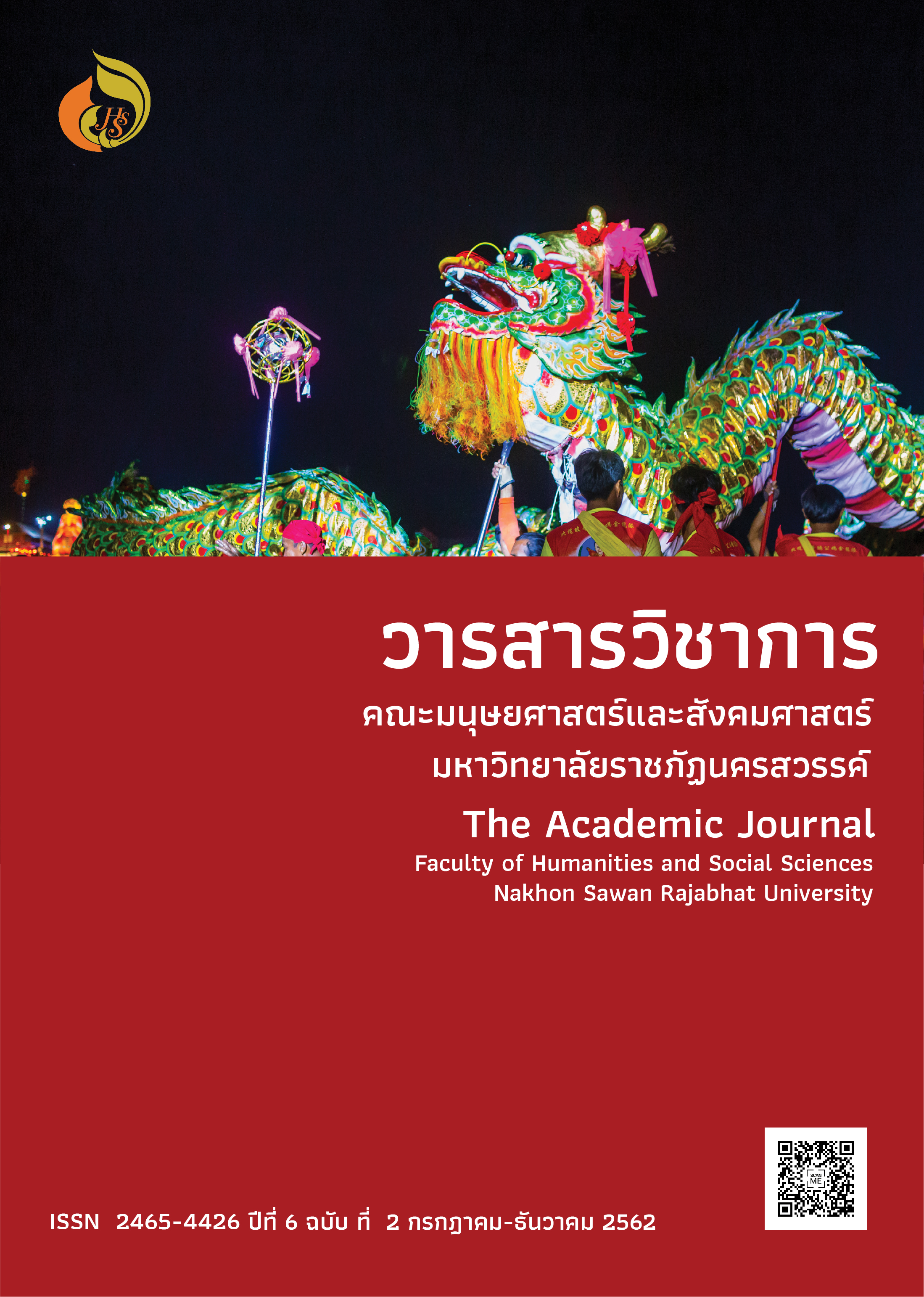กฎหมายนิติบุคคลหมู่บ้านจัดสรรกับการจัดการทรัพย์สินอันเป็นสาธารณูปโภคส่วนกลาง
Main Article Content
บทคัดย่อ
การจัดการทรัพย์สินอันเป็นสาธารณูปโภคส่วนกลางของนิติบุคคลหมู่บ้านจัดสรรเป็นแนวคิดที่เกิดขึ้นกับการอยู่อาศัยในลักษณะชุมชน ที่ส่งผลให้เกิดทรัพย์หรือที่ดินอันเป็นส่วนกลางเพื่อจัดทำบริการสาธารณะ (Public services) และการมีสาธารณูปโภค หมู่บ้านจัดสรรเป็นรูปแบบหนึ่งของการอยู่อาศัยแบบชุมชนที่เกิดขึ้น อันส่งผลให้เกิดทรัพย์หรือที่ดินอันเป็นส่วนกลางเพื่อจัดทำบริการสาธารณะ (Public services) และสาธารณูปโภคที่เหมาะสม แต่เดิมภาครัฐเองเป็นผู้จัดสร้างสาธารณูปโภคในแต่ละท้องที่ตามความพร้อมของงบประมาณและความต้องการของประชาชน ต่อมามีการเปลี่ยนแปลงบทบาท ประกาศคณะปฏิวัติ ฉบับที่ 286 ลงวันที่ 24 พฤศจิกายน พ.ศ. 2515 จึงเป็นกฎหมายที่ใช้ในเรื่องการจัดสรรที่ดินเป็นฉบับแรกและภายหลังประกาศคณะปฏิวัติ 286 ถูกยกเลิกและประกาศพระราชบัญญัติการจัดสรรที่ดิน พ.ศ. 2543 ออกใช้โดยมุ่งเน้นไปที่ประเด็นหลักคือควรมีการจัดตั้งองค์กรเอกชนที่มีความเป็นบุคคลตามกฎหมาย จนกระทั่งปัจจุบันที่มีการแก้ไขเพิ่มเติม พระราชบัญญัติการจัดสรรที่ดิน พ.ศ. 2543 (ฉบับที่ 2) ปีพ.ศ.2558 การตั้ง “นิติบุคคลหมู่บ้านจัดสรร” จึงเป็นการสร้างองค์กรที่เข้ามามีบทบาทให้กับคุณภาพชีวิตที่เพิ่มขึ้นในสังคมปัจจุบัน เพื่อรับถ่ายโอนสิ่งที่เป็นสาธารณูปโภคและบริการสาธารณะของหมู่บ้านจัดสรรต่อจากผู้จัดสรรที่ดินไปดูแลบำรุงรักษา ให้มีสภาพเป็นนิติบุคคลเพื่อให้มีอำนาจหน้าที่ในการดูแลทรัพย์สินส่วนกลางอันได้แก่ที่ดินที่เป็นสาธารณูปโภคร่วมกัน และการจัดทำบริการสาธารณะในโครงการหมู่บ้านจัดสรร และให้นิติบุคคลยังคงอยู่ต่อไปได้ นำไปสู่การให้สมาชิกในชุมชนได้เข้ามาดูแล จัดการ ใช้ประโยชน์ บำรุงรักษาในชุมชนของตนเองได้อย่างสมประโยชน์ ตามประสงค์ และในขณะเดียวกันรัฐก็สามารถที่จะไปดำเนินการจัดการให้บริการสาธารณะแก่ประชาชนได้ตามประสงค์ในเรื่องอื่น ๆ
Article Details
เอกสารอ้างอิง
3 กุมภาพันธ์ 2562, จาก http://www.dol.go.th/variety/assign/promise_standard.htm.
กรมที่ดิน. (ม.ป.ป.). คู่มือปฏิบัติเกี่ยวกับการขออนุญาตทำการค้าที่ดินตามประมวลกฎหมายที่ดิน.
กรุงเทพฯ: กลุ่มกฎหมายทรัพยากรธรรมชาติ สำนักงานคณะกรรมการกฤษฎีกา.
กิตติยา ศักดิ์ศรีมณีกูล. (2550). นิติบุคคลหมู่บ้านจัดสรรกับผลทางกฎหมายภายหลังการจดทะเบียน
จัดตั้ง (วิทยานิพนธ์มหาบัณฑิต). กรุงเทพฯ: มหาวิทยาลัยธุรกิจบัณฑิตย์.
ธิยาภรณ์ หวานภาค. (2557). แนวทางในการปรับปรุงและแก้ไขปัญหาการออกโฉนดที่ดินในเขตป่า
ชายเลนของจังหวัดชลบุรี (วิทยานิพนธ์มหาบัณฑิต). ชลบุรี: มหาวิทยาลัยบูรพา.
ฝ่ายวิชาการ ธอส และสมาคมบริหารทรัพย์สินแห่งประเทศไทย. (2549). สถานการณ์การบริหารชุมชน
ที่อยู่อาศัย ปี 2549. วารสารธนาคารอาคารสงเคราะห์. 12(44), 37-43.
วรวิทย์ ก่อก้องวิศรุต. (2543). การเลือกระบบบริหารดูแลชุมชนหมู่บ้านจัดสรรระดับราคาปานกลางใน
เขตกรุงเทพมหานคร (วิทยานิพนธ์มหาบัณฑิต). กรุงเทพฯ: จุฬาลงกรณ์มหาวิทยาลัย.
สำนักส่งเสริมธุรกิจอสังหาริมทรัพย์ กรมที่ดิน. (2546). การจัดตั้งนิติบุคคลหมู่บ้านจัดสรร. 102 ปี
กรุงเทพฯ: กรมที่ดิน.
สำนักส่งเสริมธุรกิจอสังหาริมทรัพย์ กรมที่ดิน. (2547). กฎหมายเกี่ยวกับการจัดสรรที่ดิน. กรุงเทพฯ:
กรมที่ดิน.
Phachern Thammasarangkoon. (2559). กรรมสิทธิ์ที่ดินการแก้ปัญหาของสังคมไทยในระบอบเสรี
นิยมสมัยใหม่. สืบค้น 1 กันยายน 2562, จากhttps://www.gotoknow.org/posts/449434,17


